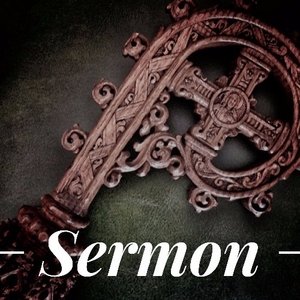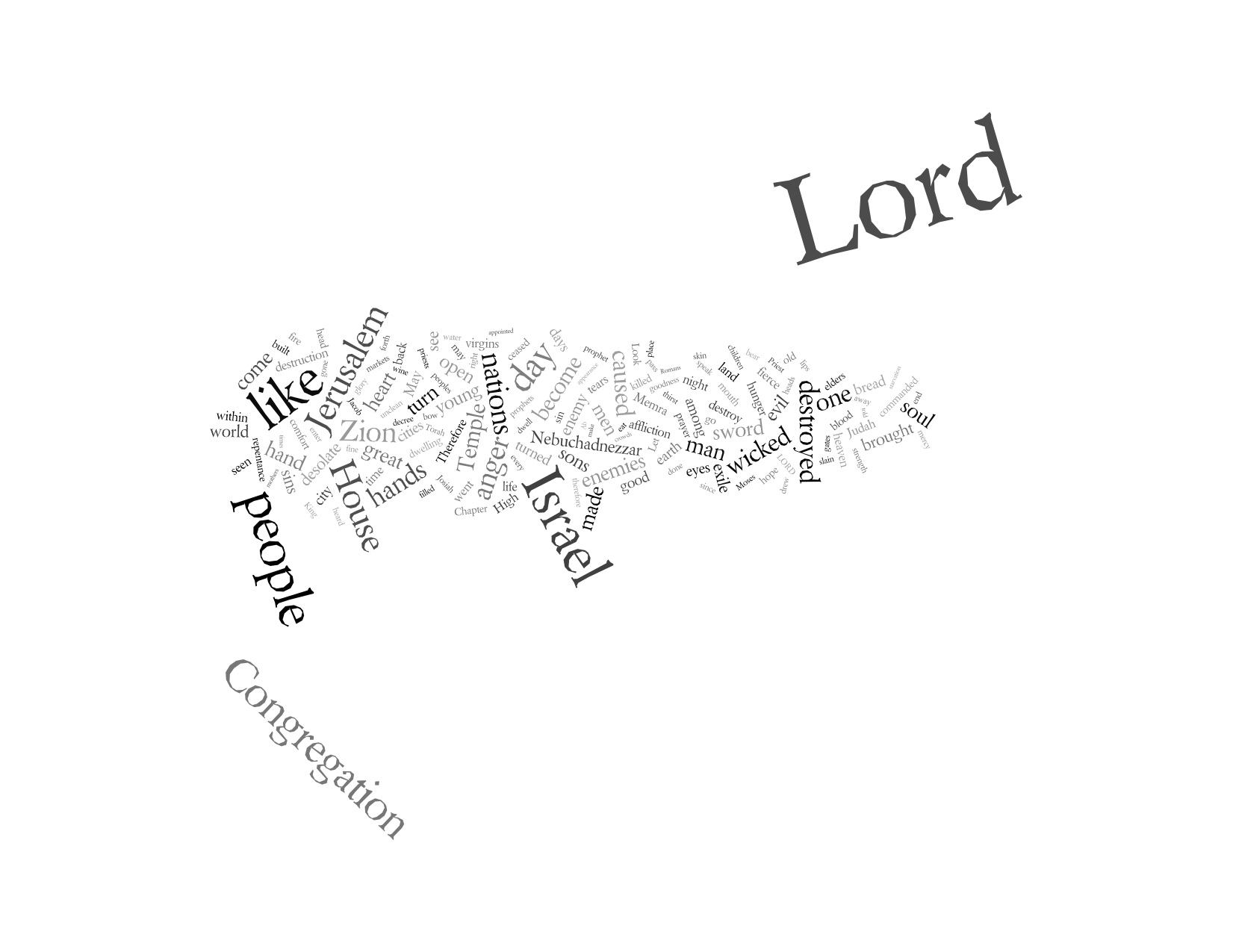This essay was written as part of the outreach program of The Episcopal Church of the Good Shepherd in Lexington to continue to minister to our community in this time of uncertainty and “social distancing” that requires not meeting in person. For essays by my friends and colleagues go to “Calming the Storm.”
This past week a clergy colleague sent me an article titled “We Have an Inadequate Theology of Illness.” She said this topic had been on her mind of late and suggested that we ought to consider this for a theological meditation at a clergy gathering. It should not be surprising that everyone, clergy as well as laity, is struggling with what it means that a virus is sweeping across the world and taking life indiscriminately. How can such suffering occur in a world created by a loving a gracious God?
Many people are surprised to realize that a close reading of the Bible reveals that it is incredibly realistic. From a distance or from the occasional Sunday morning readings we can get the impression that it is all miracles and resurrections, things that we do not necessarily experience in our day-to-day life. On the other hand, if we start at the beginning of the Bible, it seems full of laws and rituals that are no longer practiced by anyone and seem to have no bearing on our lives. On the surface, biblical teaching on suffering can seem irrelevant or, as the author of the article suggested, inadequate. A superficial reading of the Bible would suggest that suffering comes from sin, disobeying God, orparadoxically from obeying God and then being persecuted for that obedience. So, where do we put viruses and cancer, in column A or column B? This sort of unmerited suffering fits in neither and if those were the only two options, then, indeed, I would say our theology of suffering is inadequate and severely lacking.
Yet if we take into account the entire witness of the Bible and the broad scope of human experience, we realize that it is not so simple to categorize suffering as a result of either sin or persecution for the faith. In the biblical book of Ecclesiastes, for example, the author wrestles with this human view of the world where all is “fleeting” and seemingly meaningless. “All things are wearisome; more than one can express; What has been is what will be, and what has been done is what will be done; there is nothing new under the sun.” (Eccl. 1:2, 8-9) Or in the Book of Job, where the central character has no idea why such calamities should fall upon him, it is often overlooked that he never finds out why any of it should have happened to him and his family.
Explication of these works are books in and of themselves, but in each case the biblical authors are recognizing and wrestling with the fact that significant suffering occurs in this world for which we have no discernable explanation. They are affirming the reality that we all experience. This is a very realistic view of life. The theologian and philosopher Nicholas Wolterstorff describes this well. “To the ‘why’ of suffering we get no firm answer. Of course, some suffering is easily seen to be the result of our sin: war, assault, poverty amidst plenty, the hurtful word. And maybe some is chastisement. But not all. The meaning of the remainder is not told us. It eludes us. Our net of meaning is too small. There’s more to our suffering than our guilt.”[i]
The remainder. That is what we cannot explain because “our net of meaning is too small.” I suppose, in this sense, our theology is inadequate in that we cannot fully explain or know how or why these tragedies befall us. But that is not to say that Christian theology does not accept this experience as real[ii] nor offer us the means to respond to it. The truth that Ecclesiastes and Job present to us and the encouragement they offer is that we often simply don’t know and that can be enough.
Ultimately, we do not have all the answers. Whether you take the view that everything is orchestrated by God or that God remains sovereign and yet allows humanity and the world to move in its own way, all of us admit that we do not and cannot know with certainty why some tragedies occur. They just do. We want to know “why.” We think we need to know “why” in order to move on, in order to make sense of it all, to put order into our lives and find a purpose and a place for our tragedy. But this world simply “is what it is” and that means that, whatever purpose there may be behind an event or action, much is unknowable. Yet as I suggested in my last essay, God is present with us in the midst of our suffering and loss and graciously walks with us as we seek meaning in the moment, looking forward to consider the purpose this experience moves us towards.
Our theology should flow from the Bible and neither are intended to provide all the answers, just the answers that we need. To the question of suffering, the answer is that “God so loved the world that he gave his only Son, so that everyone who believes in him may not perish but may have eternal life” (John 3:16).
[i] Wolterstorff, Lament for a Son, p. 74.
[ii] Genesis chapter Three does offer an explanation for why this world is full of disease and death. It is what D. A. Carson prosaically calls the “effluent of the fall.” “[If] we see such suffering as, in the first place, the effluent of the fall, the result of a fallen world, the consequence of evil that is really evil and in which we ourselves all too frequently indulge, then however much we may grieve when we suffer, we will not be taken by surprise.” How Long, O Lord? Reflections on Suffering and Evil, 2nd ed. (Grand Rapids: Baker Academic, 2006), 65-66.






3 thoughts on ““The Answers We Need””
I love this line”…looking forward to consider the purpose this experience moves us towards.” We have gone around a bit on this topic but more and more I am convinced that the while the particulars of our life, both good and bad, are for the most part, not orchestrated or determined, there is an end toward which our lives are directed. The presence of God in the world and our lives provides us with a means to move toward that end with intention, with God redeeming even the worst (and it occurs to me, that perhaps the best things that happen in our lives need redeeming as well) that could happen to us so that we can more firmly take hold of that for which Christ Jesus has taken hold of us!
Thank you Tim! We are far more often on the same line than not. A similar quote from the book (that I was just proofing) could have been an equal summation:
“Living in each moment means an awareness that this life is the ‘merest breath,’ as Qohelet says in Ecclesiastes. It is fleeting and, unless we infuse it with meaning, can seem pointless; nihilism can become overwhelming. Qohelet also counsels that this is why we should enjoy and cherish the moments that we have. This is all the more true when grief has entered our lives. Each moment is a new opportunity to receive God’s love and grace as we seek out the purpose and meaning for our lives and the lives that we carry with us.”
Yes! I think over the years I have missed this idea that it is ok to bring meaning into a situation, that is to say that the meaning does not necessarily arise out of the situation or circumstance. The question then is from where do we get the meaning that we bring into the many moments that make up our lives? That meaning, I think, comes from God’s ultimate purpose for us, to grow into our full humanity and in knowledge of him. We are being drawn forward, not pushed from behind, and the closer we get to realizing the goal the easier it is to bring that meaning to our lives from that promised future. I have always sort of thought of Qohelet as being rather cavalier about the whole meaningless, eat drink and be merry, thing but that quote makes me think I have been reading him wrong.